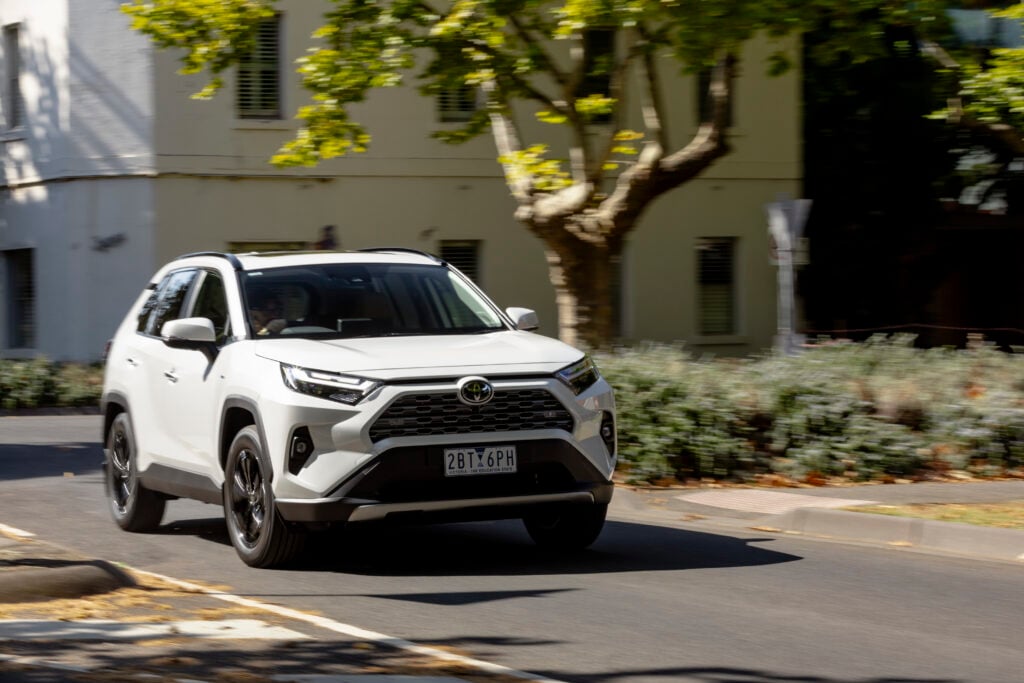
There are lots of things to consider when buying a second-hand car: price; suitability; mechanical soundness and whether it has any money owing on it. And while the first three can be answered by yourself and your mechanic, finding out whether there is any money owing on a loan relating to the vehicle – otherwise known as a REVS check – is where there’s plenty of cunning people circling to make a few bob.
If the term REVS is new to you, it’s is an acronym for Register of Encumbered Vehicles. It’s where anyone who has a financial interest in a vehicle (like a bank or a finance company) formally registers that interest to make sure that in the event that the car changes ownership (perhaps where the borrower has defaulted on the loan, a straight-forward private sale or trade-in through a dealer, or when it’s written-off through an insurance claim) the financier – and not some dodgy dealer, or shady private seller – pocket the proceeds from that sale. It prevents you from buying someone else’s debt and likewise, if your bank is lending you some money to buy a car, they’ll insist that the vehicle has ‘clear title’ – meaning it has no encumbrances.
In 2012, the register became part of the federal government’s newly launched Personal Property Securities Register (PPSR). It doesn’t have the same ring as REVS, but www.ppsr.gov.au offers the same immediate and inexpensive service of providing you with clear title before purchasing your next second-hand vehicle.
All you need to do to acquire a PPSR certificate – or REVS check – is input the car’s 17-digit Vehicle Identification Number (VIN) into the search bar and for the princely sum of $3.40 you’ll immediately be emailed a report.
And this is where buyers need to beware: A REVS check gained through official government channels will cost you $3.40, but that official government channel appears at the very bottom of Google’s search page with all sorts of expensive and official-looking alternatives waiting for your click — and your money — ranked above it.
And while it sounds simple enough, entering the phrase ‘revs check’ into Google returns hundreds of websites ready to charge you anywhere between $9.90 and $25 for the same certificate. The difference here is they input the VIN into the website for you, and charge you up to six times the price for the privilege. There are far too many unofficial websites to list, but a good rule of thumb is unless the website ends in dot-gov-dot-au, steer clear.
Importantly, too, a REVS check should not be confused with a vehicle history report, which advises would-be owners if the vehicle has been written off (statutory or repairable) or stolen, etc. This information can also be gained at the www.ppsr.gov.au website, but the guidelines around written-off vehicles vary from state to state, so do your research.



